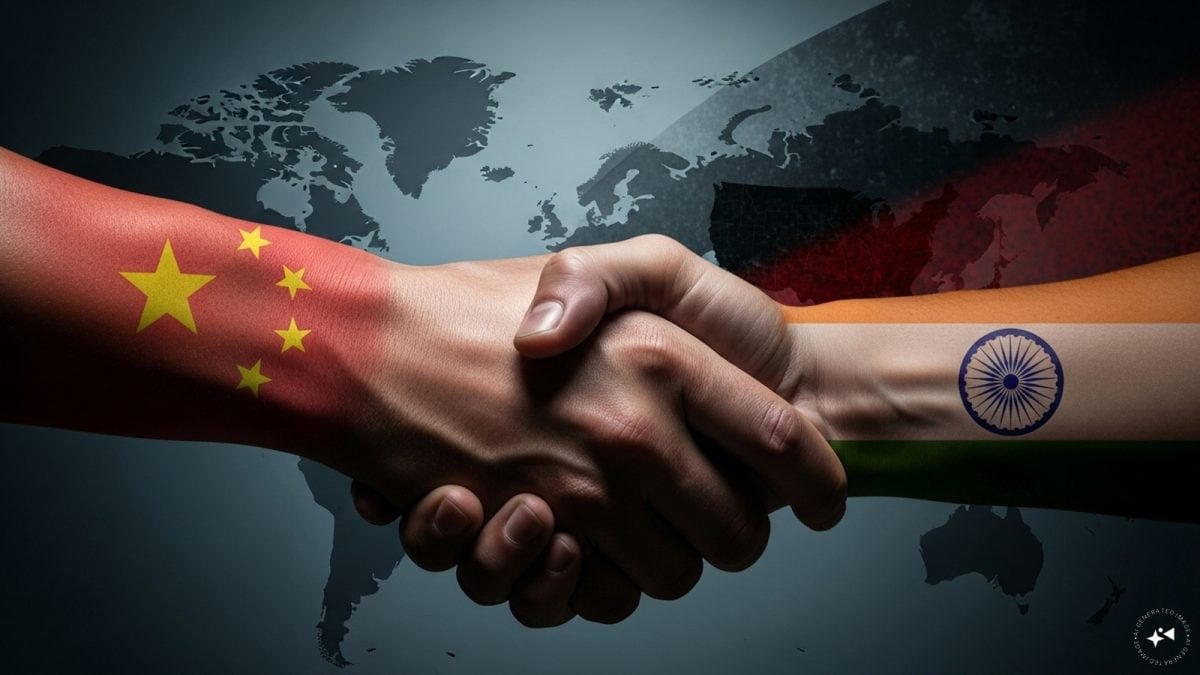

Chinese Ambassador to India Xu Feihong has strongly criticized the United States for imposing tariffs of up to 50% on Indian goods, vowing that China will firmly stand with India against these measures. Xu described the U.S. action as "bullying" and stated that "silence only emboldens the bully". These remarks come amid escalating trade tensions between the U.S. and India, primarily stemming from India's continued purchase of Russian oil.
The U.S. imposed an initial tariff of 25% on Indian goods, followed by an additional 25% duty targeting India's Russian oil imports. This has resulted in a total duty of 50%, which is among the highest imposed by the U.S. on any trading partner. The U.S. has accused India of "profiteering" by reselling discounted Russian crude, a charge that India vehemently denies. India has maintained that its energy policy is based on its strategic autonomy and the need to ensure affordable energy for its 1.4 billion citizens.
Xu Feihong warned that these tariff actions and trade wars are disrupting the global economic system. He called for greater trust and cooperation between India and China, emphasizing that the two countries should work together rather than compete. "China and India should enhance strategic mutual trust and avoid mutual suspicion," Xu stated. "Both countries are partners, not rivals. We should manage differences through dialogue".
Highlighting the broader importance of the India-China relationship, Xu added, "For two neighboring countries of such size, unity and cooperation are the only way to achieve common development". He described India and China as the "double engines of economic growth in Asia," asserting that their friendship benefits Asia and the world at large. He also noted the responsibility of both countries to lead in promoting an equal and orderly multipolar world.
Xu's strong comments come ahead of Prime Minister Narendra Modi's expected visit to China for the Shanghai Cooperation Organisation (SCO) Summit. He expressed optimism about the visit and said that China is working hard to prepare for a successful summit.
In recent months, there has been a noticeable thaw in Sino-India relations. Both countries have agreed to reopen border trade through Lipulekh, Shipki La, and Nathu La, and to resume direct flight connectivity. These steps aim to ease tensions and stabilize bilateral ties. Moreover, both nations have pledged to boost economic activity, people-to-people contact, and cooperation on trans-border rivers.
The U.S. tariffs on India have been criticized as unfair and unreasonable by the Indian Ministry of External Affairs. Some experts suggest that these tariffs and the broader trade tensions between the U.S. and India have inadvertently pushed India and China closer together. This situation presents an opportunity for Beijing and New Delhi to strengthen their relationship and build "strategic mutual trust".